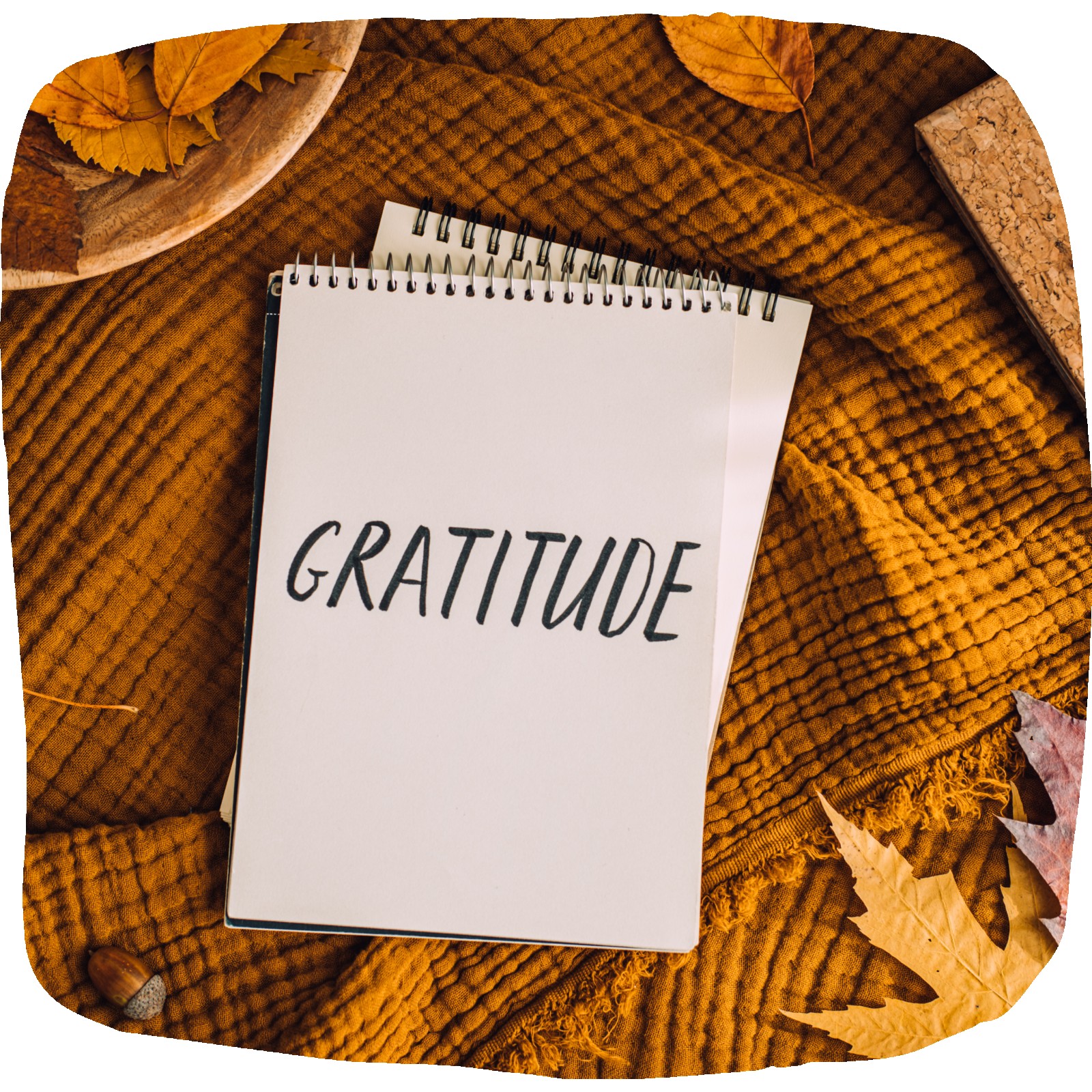

I’m Angela, mom of 3 grown kids, girlfriend to the best, daughter, friend, health coach and CEO.
I bring a holistic approach to health by combining 10 years in the mental and behavioral health fields, 4 years of health coaching, and my own personal experience . I help others set achievable goals in order to move forward into a healthier, more fulfilling life. In short, I provide a step by step approach to empowering others in taking control of their lives.
All of that aside, I’m a lover of life and adventure. Hiking, reading, yoga, coffee, tattoos, and wine are a few of my favorite things. I strive to live a healthy life in every way (mind, body, and soul).
My mission is to help as many as possible join me in living a healthy, happy life.
I’m excited to share this journey with you. I’d love to hear from you...how you’re doing, what questions you may have, ways I can help you. Find me on social media and drop me a message!
We are very diligent about our protection of earth and its citizens. We hold the highest standards for our essential oil production process, bringing the world the finest products available. From the seed of the plant to the seal on the bottle, our high standards are integral with who we are.

25g of protein per serving and rich flavors unlike any other, our protein supplement is sure to satisfy.
Support normal cognitive health with a blend of Peruvian sacha inchi seed oil, fruit juices, turmeric, and essential oils.
The finest vitamins and minerals for excellent overall body system support.
Support your body's normal mineral levels with this spicy-flavored essential oil infused ionic mineral blend.
Boost your energy with a complete lineup of top quality B vitamins.
Support your alertness with this delicious eye-opening beverage.
Wintergreen and peppermint essential oils combine with other ingredients in this over-the-counter formulation.
Citrus, ocotea, and spearmint essential oils form this blend in support of healthful weight management targets.*
Supports and protects joint and cartilage health.*
Hydrate naturally without sugar or artificial colors in several delicious flavors.
Enrich your life with products formulated to the highest standards of quality and purity.

We are more than just the world's best essential oils. We go beyond green to help you create a healthy, healing home environment.
From effective, safe home cleaners to pet care, multivitamins to weight management, oral care to hair care, body care, and kids care, to antioxidant support and more, we offer solutions to help you live naturally.
Ordering online is fast and easy and the product ships right to your door. We are your online store for living a healthy, toxin-free lifestyle.
Place an Order
